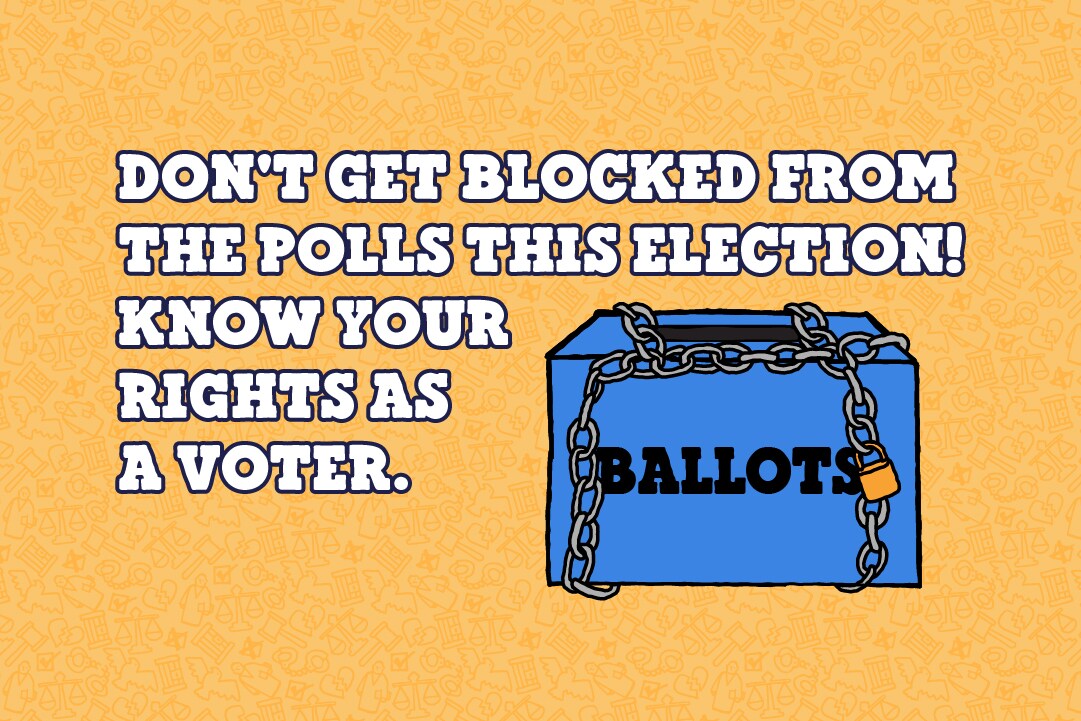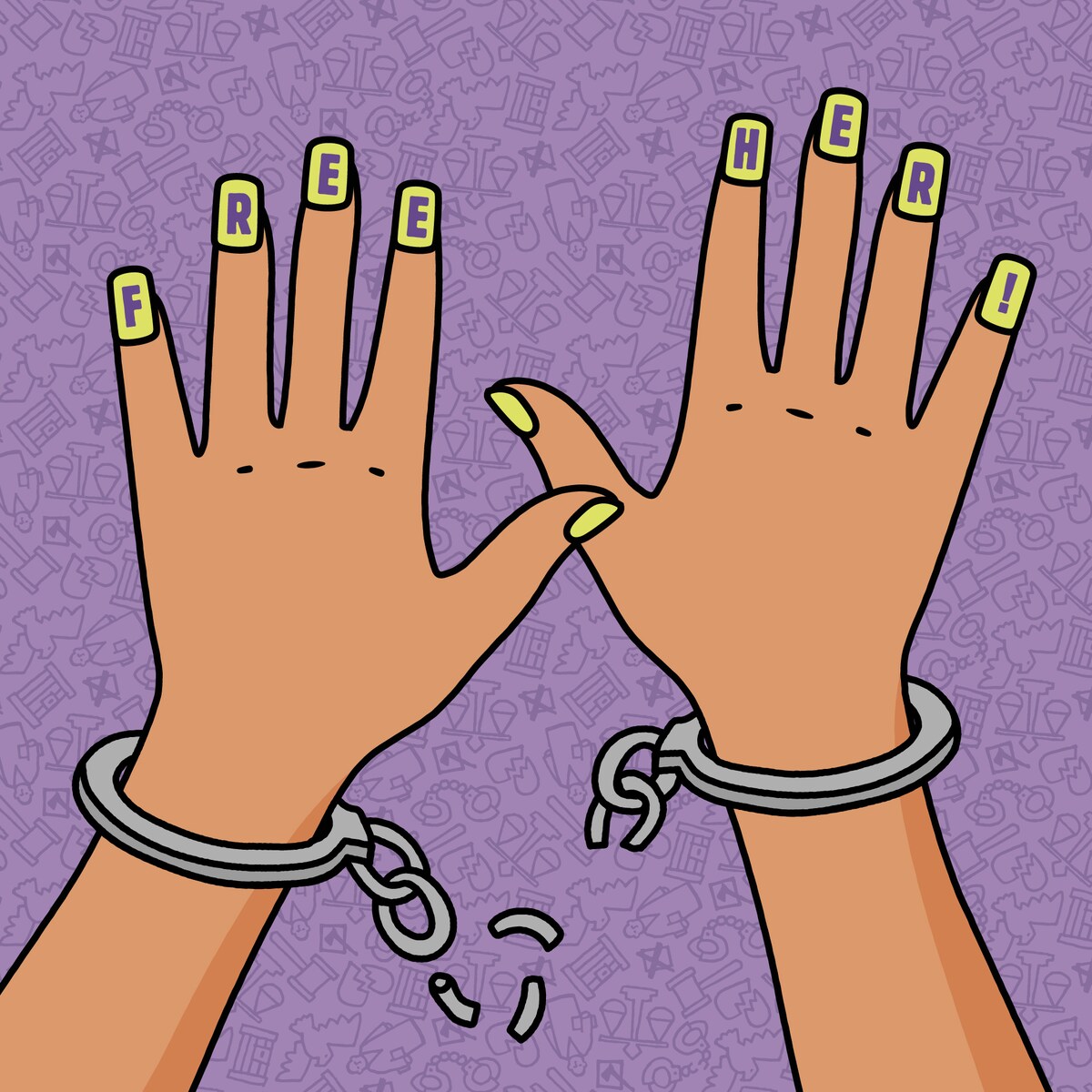Are You Ready to Vote this Year? Know Your Rights—and Know Your Power
We believe everyone has the right to participate in our democracy.
But with some politicians trying to make it harder to vote, and with threats of voter intimidation on the rise, voting can sometimes feel a lot more confusing than it should. That’s why we’re providing this quick guide to knowing your rights as a voter.
Remember: Voting is a protected right. When you know your rights, then you know your power.
50 Different Ways of Running an Election
In the US, every state has its own rules when it comes to running elections. So, first things first, make sure you know the requirements for casting a ballot in your state. Here’s where you can find the answers to questions like:
- Do I need to show ID when I vote?
- Can I vote early?
- Is same-day voter registration available?
All set? Great. Now it’s time to vote.
Know Your Rights!
No matter what anyone may tell you while you’re trying to vote, these are your rights:
- If the polls close while you’re still in line, stay in line—you have the right to vote.
- If you make a mistake on your ballot, ask for a new one.
- If the machines are down at your polling place, ask for a paper ballot.
- If you run into any problems or have questions on Election Day, call the Election Protection Hotline:
- English: 1-866-OUR-VOTE / 1-866-687-8683
- Spanish: 1-888-VE-Y-VOTA / 1-888-839-8682
- Arabic: 1-844-YALLA-US / 1-844-925-5287
- For Bengali, Cantonese, Hindi, Urdu, Korean, Mandarin, Tagalog, or Vietnamese: 1-888-274-8683
What You Can Do If You Experience Voter Intimidation
If something doesn’t feel right when you’re trying to vote, speak up!
- Report intimidation to your local election officials.
- Call the Election Protection Hotline at 1-866-OUR-VOTE (see below for additional language options).
- Depending on your state, if someone questions your ability to vote, you may be able to provide a sworn statement to a poll worker saying that you meet all state requirements, and then proceed to cast a ballot.
Your Vote Is Your Voice
It’s a federal crime to “intimidate, threaten, [or] coerce … any other person for the purpose of interfering with the right of [that] other person to vote or to vote as [they] may choose.”
Find out more about voter intimidation and how you can take action wherever you live!



